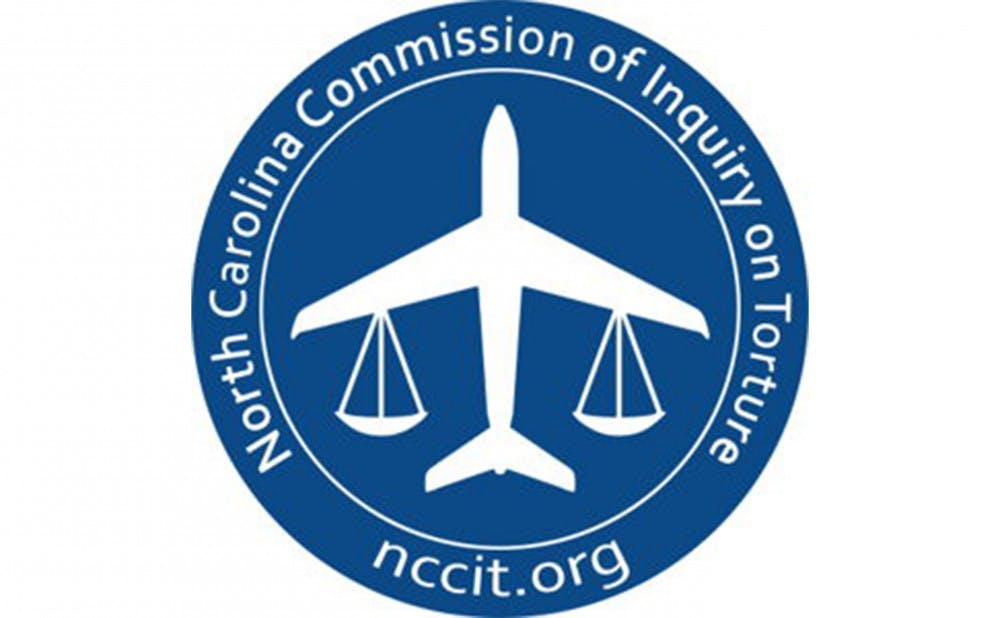A nonprofit commission—which includes professor Robin Kirk—is investigating North Carolina's ties to the Central Intelligence Agency's abduction and torture program.
Robin Kirk—the faculty co-chair of the executive committee of the Duke Human Rights Center at the Franklin Humanities Institute—serves as a commissioner for the North Carolina Commission of Inquiry on Torture. The citizen-led organization plans to investigate the CIA's "extraordinary rendition" program, and more specifically North Carolina's role.
The CIA's "extraordinary rendition" program involved bringing suspected terrorists to CIA black sites in other countries for interrogation and sometimes torture. According to the organization's webpage, North Carolina's aviation infrastructure was in fact used to help facilitate these renditions.
“The goal of the commission is to spotlight the role that companies in North Carolina played in facilitating the use of torture and abuse,” said Jennifer Daskal, co-chair of the NCCIT and associate professor of law at American University Washington College of Law. “We will do so in a way that reminds people of what happened, ensures it doesn’t get lost in the history books and ideally prevents something like this from every happening again.”
NCCIT says on its website that there are at least 34 confirmed cases of North Carolina flight crews participating in the CIA’s rendition, detention and interrogation program. Although the 2014 U.S. Senate Intelligence Committee report does not explicitly mention North Carolina, the group North Carolina Stop Torture Now claimed in 2014 that the report names detainees who were transferred by Aero Contractors Limited—a North Carolina company.
Frank Goldsmith—the other co-chair of the NCCIT—is a civil rights lawyer based in North Carolina and has defended several Guantanamo detainees. Goldsmith, who in the past has taught at Duke Law School, said he wants the state to acknowledge its past.
“[This commission] is important because it is showing that a policy of human rights abuse isn’t just something that happens in Washington, or in a black site like the salt pit in Afghanistan,” Kirk said. “The pilots who flew those flights live here, they’re North Carolina citizens.”
Aero Contractors Limited flew detainees to dozens of overseas locations, and many of these missions began and ended the Johnston County Airport in Smithfield, several news outlets have reported. That airport is about 50 miles by car away from Duke’s campus, and the North Carolina Global TransPark—another location used by Aero Contractors—lies 109 miles away.
Kirk said her involvement in developing the commission began in 2010, when she organized and raised grant funding for an international human rights conference at Duke. The conference was called “Weaving a Net of Accountability: Taking on Extraordinary Rendition at the State and Regional Level.”
Kirk said the normal legal protections that come with being arrested were not available to those abducted in the black site program. In addition, she said there were many cases in which the abductee was completely innocent. She mentioned that she and several other commission members are interested in helping those wrongfully abducted receive restitution.
“These individuals who were subjected to torture have had their lives damaged beyond repair,” Kirk said. “There is a real question about reparations for individuals who have undergone this kind of abuse, and the United States has a responsibility to pay damages.”
Kirk said she believes it is crucial for North Carolina citizens to know the extent of their state and local governments’ involvement in this rendition program.
“This is our government, and we have a right to know what was done in our name," Kirk said. "There is a real question about accountability.”
Get The Chronicle straight to your inbox
Signup for our weekly newsletter. Cancel at any time.

